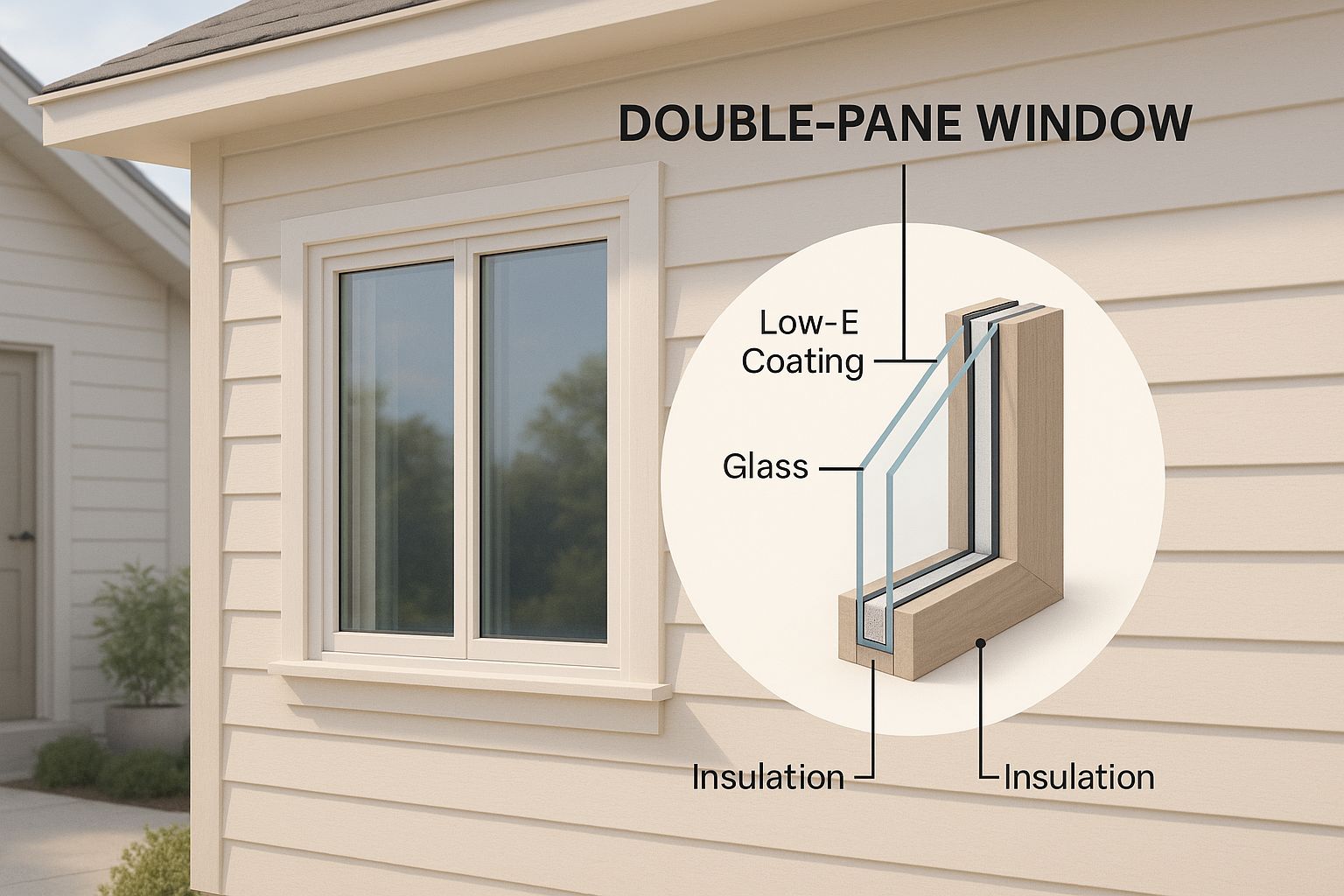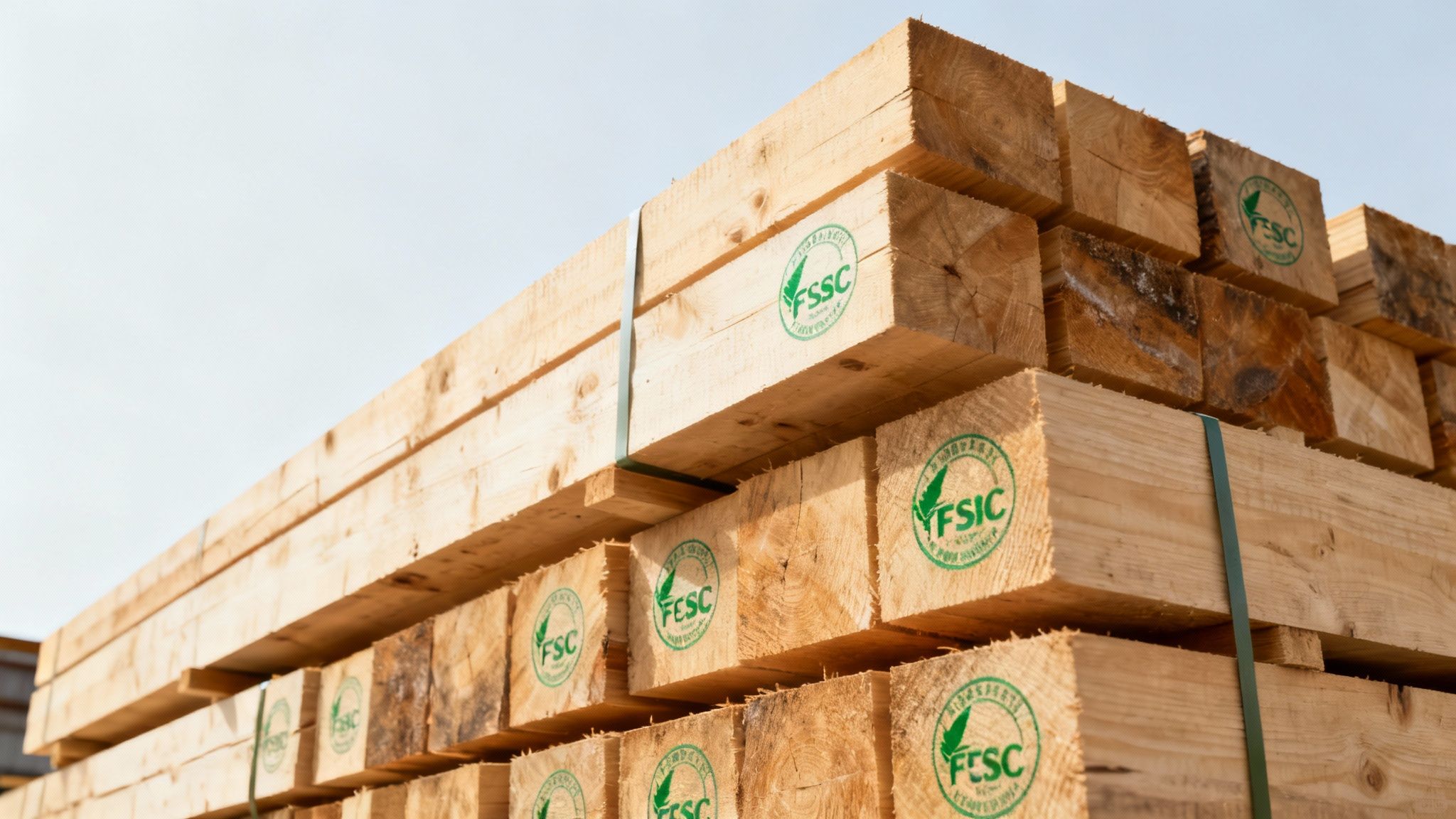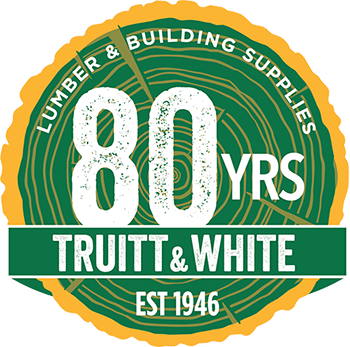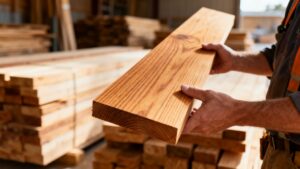If you're building or remodeling in Berkeley, your choices for windows and lumber just got more specific. The city’s new green building rules require higher-performance windows and sustainably sourced lumber. This means standard materials might not pass inspection anymore.
It's important to know which products meet the new energy ratings. This will help your project get approved without delays.
Understanding Berkeley's New Green Building Mandates
Building in Berkeley has always been unique, but now it's officially greener. Contractors, architects, and homeowners need to learn some new rules. The city has adopted stricter green building requirements than the California state codes.
These local changes aim to boost energy efficiency and cut down on construction waste. They also help lower the carbon footprint of every new project in the East Bay. This is part of a larger trend across the Bay Area to build more responsibly. The updates are based on the 2022 California Green Building Standards Code plus local amendments.
Key Changes Impacting Building Materials
What does this mean for your material list? These code changes require you to be more deliberate in your selections. This is especially true for windows, doors, insulation, and lumber.
Projects that don’t meet these new standards risk delays or permit rejection. Knowing the rules is essential for any Berkeley project. A good place to start is by understanding the basics of what is sustainable building.
The new mandates focus on a few key areas:
- Enhanced Energy Efficiency: Windows and doors must now meet higher performance standards. This includes specific U-values and Solar Heat Gain Coefficients (SHGC) to prevent energy loss.
- Sustainable Sourcing: There is a greater focus on where your wood comes from. You will likely need lumber from certified sources like the Forest Stewardship Council (FSC).
- Waste Reduction: The codes encourage using materials with recycled content that create less waste. This moves the industry toward smarter building practices.
At-a-Glance: Key Changes in Berkeley's Building Code
This table breaks down the main updates. It shows how they will impact your material choices.
| Mandate Area | What It Means for Your Project |
|---|---|
| Energy Efficiency | Windows and doors must have specific U-values and SHGC ratings. Standard options may no longer comply. |
| Sustainable Sourcing | Lumber must be certified by an approved body, like the Forest Stewardship Council (FSC). |
| Waste Reduction | Prioritize materials with recycled content and those that minimize on-site construction waste. |
Navigating these changes after your plans are drawn can cause problems. The best approach is to work with a knowledgeable local supplier from the start. They can ensure every material you choose is compliant.
Selecting Windows and Doors That Meet the New Standards
With Berkeley’s new mandates, window and door performance is a strict requirement. These rules change how you select products for any permitted project in the city. You will need to pay close attention to technical specifications.
Standard single-pane windows are no longer an option for most permitted jobs. High-performance double- or even triple-pane units are the new baseline. These windows act as a thermal barrier, keeping conditioned air inside.
Decoding Window Performance Metrics
Two key terms you'll see are U-value and Solar Heat Gain Coefficient (SHGC). They are simple to understand.
U-value measures how well a window insulates. A lower number means less heat is lost. SHGC measures how much solar heat passes through the glass. A lower number is better for keeping rooms cool on sunny days in the Bay Area.
This infographic shows the components of a modern, high-performance window.

Features like Low-E coatings and gas-filled panes are now essential. They help meet Berkeley's tough energy targets. According to ENERGY STAR, these windows can reduce energy loss by up to 30% compared to standard models.
Adding components like solar window screens can provide an extra performance boost. For more information on products that meet these standards, see our guide to finding quality windows in the East Bay. We carry brands like Marvin and Andersen whose products are designed to meet these exact specifications.
Navigating Sustainable Lumber and Framing Requirements
Berkeley's green codes now focus on the structure of your project—the lumber. The new rules emphasize using sustainably sourced materials and reducing waste. This changes how you choose lumber and approach framing.
These local code updates mean contractors and homeowners must be more deliberate. If your project doesn't meet the latest environmental standards, you could face delays or a rejected permit. Verifying your lumber’s origin is now a basic requirement for building in Berkeley.
Why Lumber Certification Is Now Essential
Certifications from organizations like the Forest Stewardship Council (FSC) are now mandatory for compliance. FSC-certified wood guarantees that the material comes from responsibly managed forests. Choosing FSC products provides the city with proof that your materials align with its green vision.
To stay compliant, builders should focus on a few key actions:
- Use Certified Lumber: Always ask for FSC-certified framing lumber, plywood, and other wood products.
- Choose Engineered Wood: Products like I-joists and laminated veneer lumber (LVL) use wood fiber more efficiently and reduce waste.
- Look for Recycled Content: Select materials that include recycled content to lower your project's carbon footprint.
For projects aiming to embrace sustainability, reclaimed wood options for building materials offer both environmental benefits and unique character.

Understanding how these rules affect your budget and timeline is crucial. Partner with a supplier who knows sustainable lumber. Learn more about working with an eco-friendly lumber supplier in the East Bay. An expert can help you get the right documentation and materials from the start.
Why Your Building Material Supplier Is Your Best Ally
Trying to understand Berkeley’s new green building mandates alone can be difficult. A mistake in material selection can lead to failed inspections and costly project delays. Partnering with a knowledgeable local supplier is a critical strategy.

Think of an expert supplier as your compliance guide. They have already done the research on local codes. They can direct you to products that meet Berkeley’s requirements for windows, doors, and lumber.
At Truitt & White, we are deeply familiar with these local codes. Our product catalog is built with high-efficiency windows and sustainably sourced lumber that align with the mandates. We help you make the right choice from day one.
Turning Data Sheets into Decisions
A supplier should do more than just sell materials. They should help you gather the right documentation and understand its meaning. This ensures your project gets approved and built correctly.
We help contractors and architects with these tasks every day:
- Verifying Compliance: We help you check window U-values and SHGC ratings against Berkeley’s energy codes.
- Sourcing Certified Lumber: We ensure you have the FSC certification paperwork needed for your permit.
- Simplifying Your Workflow: As a single source for compliant materials, we help save you time. See how we operate as a one-stop shop for professional builders.
Working with a local supplier who understands Berkeley’s green mandates is a smart risk management strategy. It saves time, prevents rework, and provides confidence that your project is on the right track.
Your Practical Checklist for a Compliant Berkeley Project
Keeping up with Berkeley's green building mandates can be a challenge. This simple checklist helps builders, homeowners, and architects stay on track. Following these steps can prevent costly delays.
Plan Ahead for a Smoother Build
Successfully navigating Berkeley's amendments requires early verification and good documentation. Build these tasks into your workflow from the start. Our building permit checklist is another great resource.
This practical list can make a big difference:
- Review Your Specs Early: Check that your window, door, and lumber specs meet Berkeley’s codes before ordering.
- Request Product Data Sheets: Ask suppliers for performance data, like U-value for windows and FSC certification for lumber.
- Work with a Knowledgeable Supplier: Partner with a team that understands local code nuances, like Truitt & White.
- Include Time for Code Review: Add extra time to your project schedule for the city’s plan review to avoid delays.
- Document Everything: Clearly note all compliance information in your permit applications to streamline approvals.
By making these steps a standard part of your process, you can confidently manage how Berkeley’s new green building mandates change your window and lumber choices.
Frequently Asked Questions About Berkeley's Green Building Codes
Navigating Berkeley’s new building mandates can raise a lot of questions. Here are answers to some common questions from builders, architects, and homeowners in the Bay Area.
Do these new rules apply to remodels or just new construction?
These rules apply to both new construction and many remodels. The exact requirements depend on the project's scope. However, the focus on energy efficiency and sustainability is now a key part of most permitted work in Berkeley.
What happens if my materials don't meet the standards?
Using non-compliant materials can lead to failed inspections and costly project delays. Your project could be stopped until the correct materials are installed. Verifying compliance before you buy is the best way to protect your timeline and budget.
Are compliant windows and lumber more expensive?
While some high-performance materials may have a higher initial cost, they often provide long-term savings. The California Energy Commission states that energy-efficient windows can lower utility bills. Sustainably sourced lumber also adds value and durability to a property.
How do I prove my materials are compliant for a permit?
Documentation is key. For windows and doors, you'll need manufacturer datasheets showing the U-value and SHGC ratings. For lumber, you will need to provide certifications, such as an FSC invoice. We can help you gather the necessary paperwork.
Where can I find products that meet Berkeley's requirements?
Your best option is to work with a local supplier who understands these specific codes. At Truitt & White, our inventory is chosen to meet Bay Area building codes, including Berkeley’s new rules. Our team can guide you directly to the compliant products you need.
If you're planning a remodel or new build in Berkeley or the East Bay, consult with Truitt & White early. Our local code-savvy team can help you choose materials that satisfy the new mandates while achieving your design goals.
If you're planning a project in the East Bay, the experts at Truitt & White can help you choose materials that meet the new mandates. Visit our Berkeley showroom for expert advice and explore our locally-stocked, compliant products. Connect with us today.









